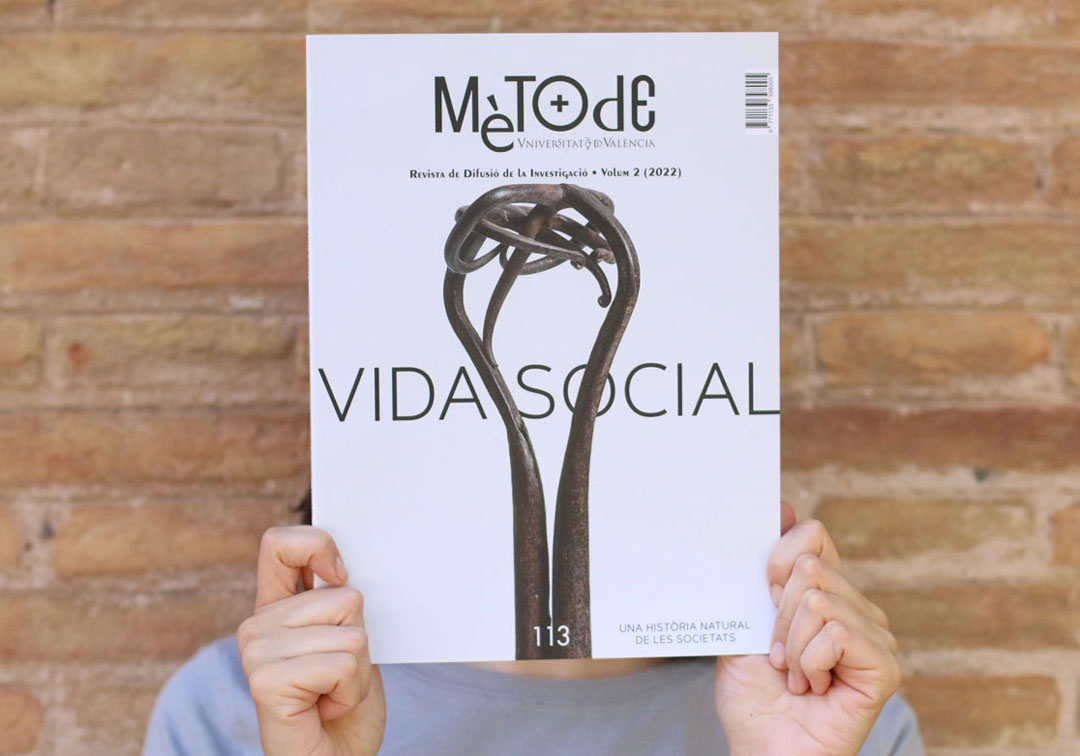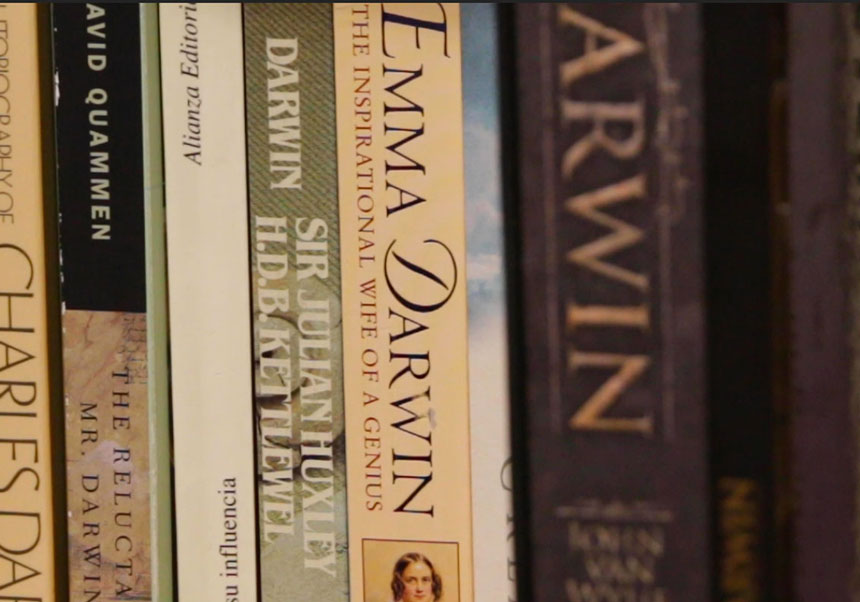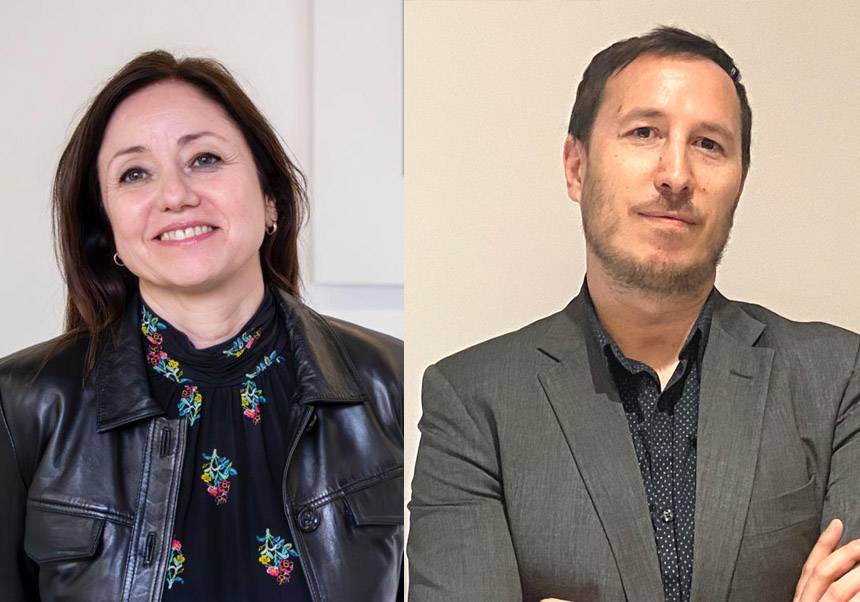The origin of human societies to be analysed in Mètode magazine
- Mètode
- June 9th, 2022

New issue: ‘Vida social: Una historia natural de las sociedades’ (‘Social Life: a natural history of societies’)
What is the role of cooperation in our evolution? Why do we have social norms? How were cities created? To what extent has civilisation been modelled by the way we eat? The new issue of Mètode magazine, ‘Vida Social’ (‘Social Life’), answers these and many other questions. This issue analyses the origin of human societies and it has been coordinated by the professors Juli Peretó, from the Universitat de València, and Jaume Bertranpetit, from the Pompeu Fabra University in Barcelona. In this issue, experts from different fields of study have also participated to offer a multidisciplinary insight, from evolutionary biology, archaeology, history, ecology or architecture. I has been endorsed by Pau Carazo, Anna Bach Gómez, Laureano Castro and Miguel A. Toro, Greg Woolf, Carolyn Steel and Salva Duran-Nebreda and Sergi Valverde.
According to the coordinators, ‘in order to better understand the foundations of this human social structure, we need to search for the adaptive advantages that social structures may have entailed within the history of life and understand what qualities seem to continue being genuine biological vectors’. The sculptures by the artist Vicent Ortí accompany these ideas and, through materials such as iron, wood or stone, we are sent to the origins of our human societies.
Quality of air, resistant bacteria and prehistory with a gender perspective
Moreover, the new issue of Mètode magazine also includes the usual articles that cover different topics, such as air pollution or antibiotics resistance. There is also a historical look at Taxol, one of the most valuable anti-tumour drugs at our disposal, and an in-depth report on Western Sahara's natural resources and the interests behind them. This issue also includes two interviews to neuroscientist Lori Marin, who talks about the impact of animal captivity; and Marylène Patou-Mathis, French prehistorian and author of the book ‘El hombre prehistórico es también una mujer’ (‘The prehistoric man is also a woman’). This new Mètode issue was completed with the usual collaborations by Xurxo Mariño, Enric Marco Soler, Josep Roselló, Pau Carazo, JM Mulet, Chantal Ferrer, M. Alma Bracho, Pere Estupinyà, Fernando Ballesteros, Gemma Marfany, Roberto García-Roa and Ramon Folch.
















